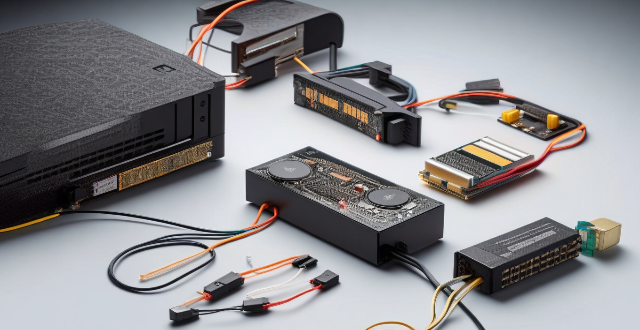Solid-state drives (SSDs) offer several advantages over hard disk drives (HDDs), including faster data access and transfer speeds, improved reliability and durability, lower power consumption, quieter operation, smaller form factors, and potentially longer lifespans. These benefits make SSDs a popular choice for modern computing needs across various devices and use cases.

Advantages of Solid-State Drives (SSDs) Over Hard Disk Drives (HDDs)
Faster Data Access and Transfer Speeds
One of the most significant advantages of SSDs is their faster data access and transfer speeds compared to HDDs. This is because SSDs use NAND-based flash memory, which allows for direct access to data without the need for mechanical parts like spinning disks or moving read/write heads. As a result, SSDs can boot up computers, launch applications, and load files much more quickly than HDDs.
Improved Reliability and Durability
SSDs are generally more reliable and durable than HDDs due to the absence of moving parts. With no spinning disks or moving read/write heads, there's less chance of mechanical failure. Additionally, SSDs are typically better equipped to handle physical shock and vibration, making them ideal for laptops and other portable devices.
Lower Power Consumption
Solid-state drives consume less power than hard disk drives. This is because SSDs don't require as much energy to spin disks or move read/write heads around. Lower power consumption not only extends the battery life of portable devices but also reduces heat generation, leading to cooler operating temperatures and potentially longer hardware lifespans.
Quieter Operation
Since SSDs have no moving parts, they operate almost silently compared to the noise produced by spinning disks in an HDD. This quieter operation can be particularly beneficial in environments where noise is a concern, such as libraries, offices, or home entertainment systems.
Smaller Form Factor
SSDs are often smaller and lighter than HDDs, especially as storage capacities increase. This smaller form factor allows for more compact device designs, making it easier to fit larger storage capacities into thinner and lighter laptops, tablets, and smartphones.
Longer Lifespan
While both SSDs and HDDs have limited lifespans, SSDs generally have longer lifespans due to their lack of moving parts. The lifespan of an SSD is usually measured by the number of write cycles it can endure before failing, which is often in the range of hundreds of terabytes written. In contrast, HDDs may fail sooner due to mechanical wear and tear.
Conclusion
In summary, solid-state drives offer several advantages over hard disk drives, including faster data access and transfer speeds, improved reliability and durability, lower power consumption, quieter operation, smaller form factors, and potentially longer lifespans. These benefits make SSDs a popular choice for modern computing needs across various devices and use cases.